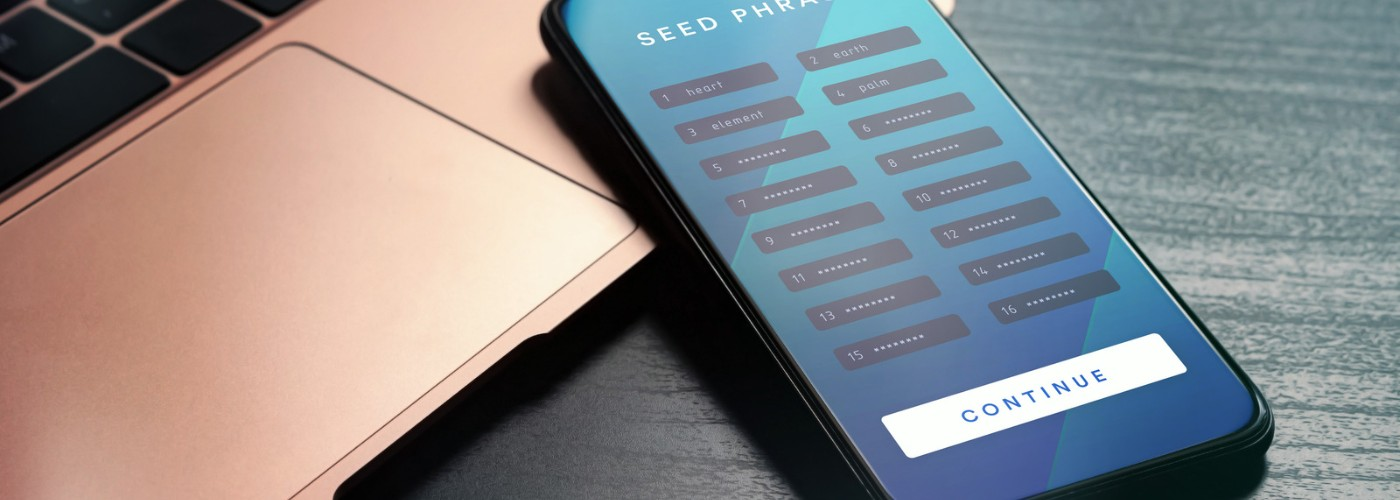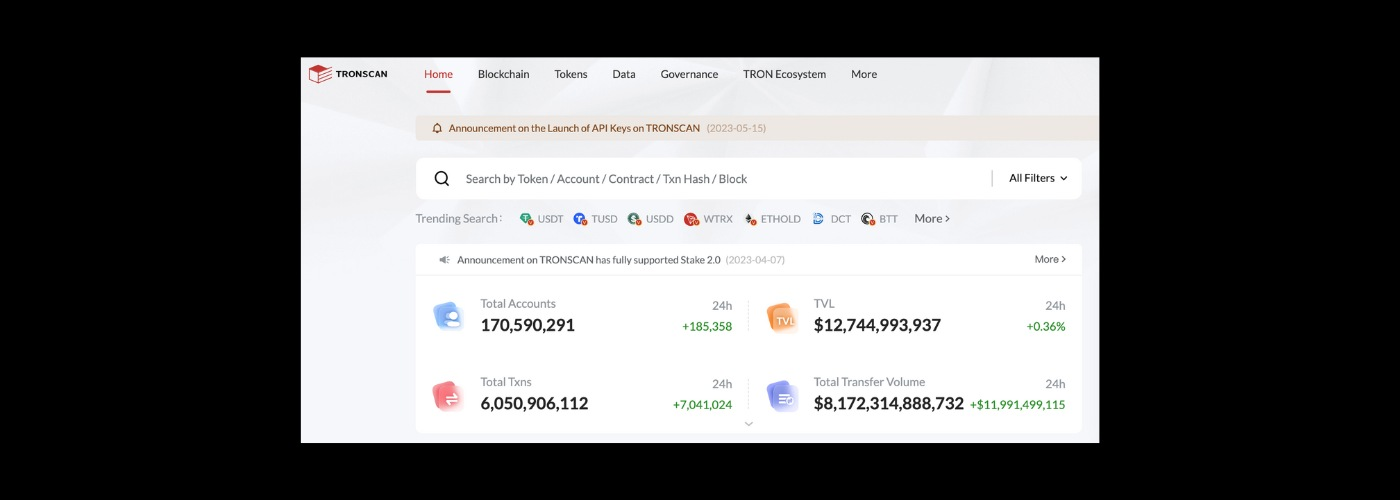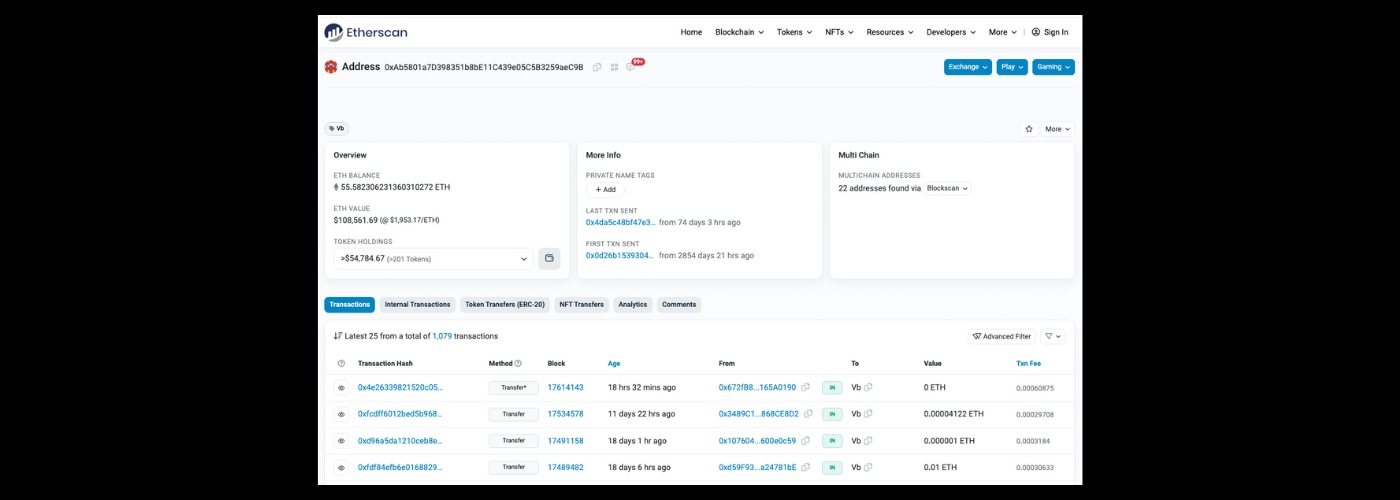Crypto wallet: how to choose, tips and what is it?

Description
Cryptocurrency wallet: Explore the top wallets for storing digital assets. Find out what crypto wallets are and what criteria to choose them for.
Before starting to invest or, in principle, study blockchain, every participant in the crypto market must make one registration, without which the possession of digital assets is impossible. Of course, we are talking about a crypto wallet. What is a crypto wallet? It is the same object if you can call it that, as an ordinary wallet. It is used to store, move and exchange cryptocurrencies and tokens on the blockchain network. If you still don't understand crypto wallet possibilities or just want to repeat the theoretical part, please read the crypto wallet guide by EXEX: How to choose a crypto wallet?

What is a crypto investor's crypto wallet?
What is a crypto wallet? It's the ability to store digital assets. Only it is not a physical storage service, it is a special software that assigns to a particular user an amount of value represented as a blockchain product: a cryptocurrency.
When did the first crypto wallet appear?
The first cryptocurrency wallet appeared along with the first Bitcoin blocks in 2009. The first currency had to be stored somewhere, and Bitcoin Core was in that place.
In fact, it is not just a storage place. It is all the blocks of the Bitcoin blockchain with all the transaction history that you download to your computer when you install it. The BTC blockchain now weighs over 382 gigabytes. That's a lot if you set up a wallet for easy use. However, along with its installation, you become one of the nodes.
What do I need to know about crypto wallet when registering?
How is the crypto wallet managed? It is controlled by a set of unique passwords that the client generates during registration. They are also called crypto keys. There are two types of keys: private and public.
An open or public key is an address assigned to the user that is visible to all participants in the blockchain. It consists of a combination of letters and numbers and can have 26 to 34 characters per address.
Examples of such addresses are:
- 0x852ab3906021AC6841a688a8Ab8dc945108bAc68
- 0x991a4b5824B748900b10C2BFcd3A45484a37e58d
The private key is your password, which is fixed at registration and is required when logging into the wallet. This is very valuable data and should be remembered! The private key has no standards for size, so everyone chooses their own alphanumeric set.
Another of the most important parts of creating a crypto wallet is the Seed phase. You also need to memorize this random set of words that is created during registration. It can consist of 12-24 words.
Important tip: The Seed phrase must be memorized and written down, as well as the private key. Loss of this data can lead to all funds in the cryptocurrency!
Today there are a huge number of types of cryptocurrency wallets, and every user will be able to find a suitable convenient, and safe option to store their investments
Exchanges vs. Wallets: where is the functionality better?
One of the main functions of an investor in cryptocurrencies is exchange. Exchanges are needed to quickly transfer liquidity between different assets and increase earnings on one's crypto investment. Therefore, services such as exchanges or exchanges are also common. Users can only use this exchange service to transfer funds into another cryptocurrency or fiat. This is, of course, convenient to do with a crypto exchanger. However, crypto wallets also have these features. In this case, a crypto wallet is not limited to only one exchange functionality. Various additional services are available, which differ from the service and policy of the developing companies. This can be passive earning, switching between blockchains, importing another account, connecting a hardware wallet, and other additional settings.
Is crypto wallet safe: basic rules
Since crypto investments very often make up a significant part of an investor's portfolio or even the entire portfolio, wallet security becomes a top priority. The adoption of cryptocurrencies continues. Millions of people come to the industry with this request - to create their funds in crypto. And these same millions very often ignore simple safety rules, which leads to the loss of personal funds and hurts the entire industry. So before you start investing in digital assets, learn a few obvious rules for securing cryptocurrencies.
The first is the security of your personal wallet information. This applies to the private key and seed phrase. Keep this data in a safe place, preferably somewhere handwritten (in a notebook, metal, or wood). Also, make several copies of your passwords to protect yourself in case your first storage source gets lost or broken.
We also advise you to keep in mind that it's better not to store your password and password phrase in cloud storage or screenshots on your smartphone since many programs and viruses can track this information with ease.
Secondly, there are rules of digital hygiene that apply to storing cryptocurrency as well.
We advise you not to use public WiFi networks when connecting to your cryptocurrency wallets or exchange accounts. This can lead to data interception and theft of digital assets. Use a home network or protect your connection with a VPN.
Third: Separate personal correspondence and correspondence/confirmations of actions in financial accounts. Separate email addresses by a purpose: one email address to register cryptocurrency wallets and accounts. Perform account creation only with it, and do not use it for daily registrations and usage. This way you protect yourself from data leakage into the darknet and the possibility of losing funds through data loss.
Fourthly: Use additional means to protect your account. It is not superfluous to install the 2FA Autentificator application as an additional step to confirm you're entering the wallet.
Fifth: never share your data with anyone. This is the golden rule of cryptocurrency security. No one can ask for your private key or passphrase for any transactions. This is completely confidential information and should not be asked for transactions, connections to cryptocurrency services, etc.
One last thing: Avoid clone sites and phishing links. This is a common truth, but it also affects the security of cryptocurrency wallets. So many investors underestimate this threat, and at the same time, many wallets get hacked precisely because of this lapse in security.
Two main types of cryptocurrency wallets
In general, all cryptocurrency wallets can be divided into two crypto wallet types: cold storage and hot storage. How are they different? The main difference is that hot wallets are connected to the internet, while cold wallets are autonomous and do not have constant access to the World Wide Web. And this kind of wallet is a wallet for crypto.
Cold wallets: the concept and the essence
One of the most popular types of storage is cold wallets. These are wallets for storing digital assets that have a physical shell. They provide high security to digital assets because they are not permanently connected to the Internet. Cold storage is best suited for long-term investors who do not need constant trading and access to assets with a high frequency of transactions.
In general, there are two types of cold wallets: hardware wallets and paper wallets.
Hardware digital crypto wallets are specialized physical media with software to store cryptocurrency. They have software installed on them and are connected to a computer or smartphone only as needed for any crypto investment activity. If you compare them visually, they look like a flash cards or a small external drive. The most well-known manufacturers of cold-type cryptocurrency wallets are Ledger, SafePal, ColorBitX, ShapeShift, and Trezor.
Cold storage paper wallets are a simple record of a generated access code to an asset. This code will need to be stored on paper or in other forms.

Hot wallets: definition and usage
Hot wallets are all apps, services, and browser extensions that require internet access to work. They are used by traders and active investors because they allow you to quickly transfer and use cryptocurrency in your wallet.
There is a wide variety of hot storage wallets available. These include browser extensions, smartphone apps and cryptocurrency exchange accounts, also referred to as this type of wallet.
Hot wallets are divided into 2 types: custodial and non-custodial.
What is a custodial cryptocurrency wallet?
The first type is a custodial wallet. This is a cryptocurrency vault where all key management is in the hands of the custodian (the central governing body). This type of wallet includes all cryptocurrency exchanges, which are key custodians and provide their users with a hot wallet service. Users only confirm their ownership of the cryptocurrency through a username and password.
What is the purpose of custodian wallets?
First of all, it is speed. Small and large traders depend on speed to make decisions. The use of a cold wallet is not available in this case. The exchange opens fast transactions, transfers, and exchanges, without additional time costs. The second is the availability of a variety of services that cryptocurrency exchanges offer. These include lending, liquidity provision, market analytics tools, leverage offerings, and many other services. What is the main problem with custodial wallets? Of course, it is the centralization of decision-making and security. All-access to wallets is in the hands of one owner, the custodian, which increases responsibility to all users. In the case of a fraudulent attack on the service will be lost not only the funds exchanged, but all users' funds. Unfortunately, such problems have occurred in the history of cryptocurrency development. The most famous was the case of Mt.Gox, one of the first cryptocurrency exchanges on the market. The situation occurred in 2014. At that time, the exchange handled about 35% of all Bitcoin transactions. In total, more than 744,400 BTC, or about 7% of all cryptocurrency issuance at the time, were lost. The most famous fresh exchange fraud is the FTX example, which closed in 2022.
Pros of custodial wallets:
- Great for trading;
- Additional passive income in the form of staking, liquidity supply, and deposits;
- Can buy and sell valuable assets quickly;
- Possibility to prove the ownership of assets in case of loss of access to the account if the verification procedure was passed.
Cons of custodial wallets:
- Threat to security and theft of funds;
- The need to go through additional verification, which reduces the anonymity of the asset owner;
- Other fees in the form of commissions;
- Risk of fraud from the platform.
What is a non-custodial crypto wallet?
Non-custodial crypto wallets are software wallet solutions for storing cryptocurrencies, which are installed on smartphones, personal computers, web browsers, and so on. The main advantage is the availability of crypto services, not tied to the territory. For example, you can install a cryptocurrency wallet on your smartphone, and trade at any convenient time. Unlike custodial wallets, non-custodial crypto wallets oblige the user to keep keys and passwords and be responsible for the safety of the investment.
The pros of non-custodial crypto wallets are:
- fast transactions with internet access;
- a wide choice of different blockchain and multichain solutions;
- accessible and understandable format of installation and use, most often through the app store.
Cons non-custodial crypto wallets:
- tethering to a wearable device (smartphone, PC);
- high personal responsibility of the user;
- low security and high vulnerability.
What other types of cryptocurrency wallets are there?
We can also distinguish between monocurrency and multicurrency wallets. The difference is clear from the name: a monocurrency wallet is designed for only one asset (e.g. Bitcoin), while a multicurrency wallet can store multiple tokens and cryptocurrencies.
How a Crypto Wallet Works
How to use a crypto wallet? In essence, cryptocurrencies are the binding of an individual user to a blockchain. Each public key is displayed on the network with the publication of general data: balance, transactions, timing, and so on. There are specialized transaction trackers that publish the public ledger of transactions on the blockchain. For example, such services as Etherscan, BSCScan, TronScan, and so on. Knowing your public key, you can see the technical details of the transactions that took place.

Also, many well-known personalities and exchanges disclose their addresses to demonstrate the openness of the balance and the honesty of transactions. For example, Ethereum creator Vitalik Buterin's public wallet is known: as 0xAb5801a7D398351b8bE11C439e05C5B3259aeC9B.
From the screenshot, you can understand the balance, the value of the balance, the transactions that were performed, and so on.

How to create a cryptocurrency wallet?
First, you need to choose a type of cryptocurrency wallet that will meet the user's requirements for convenience, investment goals, and so on. Then, personal information must be added to the new account to get identification in the blockchain. After generating a public key and passing the registration process, the user can access his or her crypto account.
How to Choose the Right Wallet
What's the best crypto wallet? Obviously, there is no universal answer to this question. Every user individually evaluates the level of the crypto wallet and the functionality that covers their needs. Probably, for some people, only a hardware solution is suitable - for long-term investors who operate in the time range of 3 years and above. Then a cold wallet is a logical solution that provides the proper level of security.
At the same time, for fast trading, you should find a convenient custodial service that offers mobility and speed in using crypto investments.
In general, the main tips like How to Choose the Right Wallet to look like this:
- Analyze your security risks, how much digital hygiene is possible online?
A user should evaluate crypto wallets by this parameter. If using a cold wallet is not possible, you should pay attention to the rating of the wallet, user reviews, the presence of an active support chat, audits conducted, and so on.
- Don't put all your eggs in one basket.
Risk diversification is also to have the user choose several vaults for cryptocurrency, dividing the portfolio into shares. Then, in case of an emergency with one wallet, some of the funds will be saved.
- Make a test transaction.
Before you start using it, make a test round in transactions through the wallet. How comfortable is it for you? How quickly was the money credited? How long it took to confirm the withdrawal transaction? Are the proposed fiat gateways suitable for you? Only testing can answer these questions.
We looked through the offer of different types of crypto wallets and created a personal rating: what's the best crypto wallet? Who is the best crypto wallet providers?

Conclusion
Analysis of crypto wallets, both from the side of generally accepted standards and from the side of personal preference, enables the user to make the right choice. Not only the safety of funds of one account but also the entire reputation of the industry, the face and guarantee of security of all digital assets depends on it.